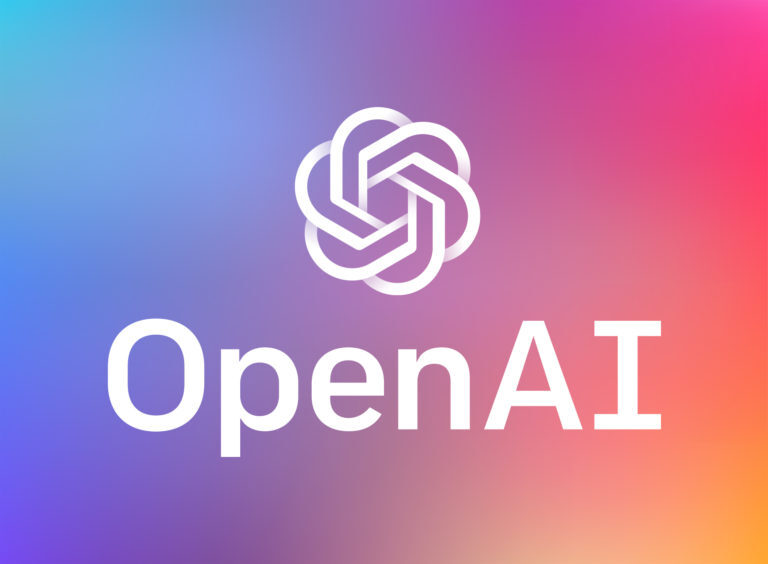Meta investors do not have a leg to stand on.
- Meta investors are starting to whine about the bad corporate governance practices at Meta as Mr Zuckerberg appears to be unwilling to revise his strategy, but the reality is that investors have no grounds whatsoever to make any complaints.
- The heart of this issue is that after a set of awful results (see here), Meta’s spending plans for its businesses and the Metaverse will continue to rise even as revenues may fall again in 2023.
- I have calculated that this could result in 2023 EPS of $5.21 down from around $9.00 in 2022 and $13.77 in 2021.
- Investors want Mr Zuckerberg to scale down his investment plans somewhat until the business can absorb these investments without such a heavy hit to profitability.
- The problem is that Mr Zuckerberg does not have to listen to anybody as he alone controls the company meaning that if he decides to run Meta Platforms into the ground, there is very little anyone can do to stop him.
- This is because while he only owns a 13% economic interest in the company, he controls 54.4% of the votes as the shares he has have many more votes than the shares other investors hold.
- This is now standard practice in technology companies and is a practice I have criticised for over 20 years.
- The most extreme example of this to date was Ericsson which in 2002 had two large funds that had a 7% economic interest but between them controlled 67% of the votes.
- When the Internet bubble burst, they allowed Ericsson’s management to sit and watch while the business burned to the ground resulting in a highly discounted and dilutive rights issue to stave off bankruptcy in 2002.
- This was because Ericsson’s woes did not hurt them nearly as much as they should have, given that their economic interest was just 3%.
- One share, one vote would have meant that their stake was 67% increasing 20x the amount of pain they would have had to endure.
- This would have almost certainly meant that they would have forced Ericsson to act long before they did.
- Meta Platforms is even more extreme than this as it is the founder and CEO of the company that is in control which creates even more risks than the Ericsson example above.
- This is because founders often have emotional attachments to their companies (Metaverse in this case) meaning that their judgement over long-term strategy is often not objective.
- GoPro is a recent example but Meta is shaping up to become the case study.
- On top of this, a super-voting distribution allows a founder to spend other people’s money with no checks or balances.
- In this case, Mr Zuckerberg who owns 13% of the economic interest but 54% of the vote will only incur 13% of the losses that result from his bad decisions rather than 54% which may have made him think twice.
- Minority shareholders, who have no say in decision-making, bear 87%.
- I have long believed that this imbalance amounts to bad corporate governance and unfair treatment of minority investors.
- However, whether the practice in public companies is good or bad is immaterial because this issue has long been known by the market and competent investors should take this risk on board when considering what investments to make.
- When I look at a company, I take this into account by applying up to a 30% discount to the fair value of the shares depending on the degree to which smaller shareholders are being disadvantaged.
- Companies like Google, Meta Platforms and Baidu get the full 30% discount.
- If the company is still attractive after that discount, then I am happy to own it knowing that I am being properly compensated for being unfairly treated.
- This is why investors have no grounds upon which to complain as they invested in the company in full knowledge of this issue and the risk that it carries.
- Once again, caveat emptor.










Blog Comments
¿Por qué se colapsa el metaverso de Mark Zuckerberg? - Internet
November 9, 2022 at 7:03 am
[…] tanto, Zuckerberg posee solo el 13% del valor de las acciones, pero posee el 54% de los votos. Como Richard Windsor explicaEsto no solo asegura que Meta sea un feudo privado, sino que también significa que los accionistas […]
Why Mark Zuckerberg's Metaverse is falling apart - loanemu
November 9, 2022 at 7:04 am
[…] Zuckerberg owns only 13 per cent of the value of the shares, but has 54 per cent of the vote. Ace Richard Windsor explainsnot only does this ensure Meta is a private fiefdom, but it also means that non-voting stockholders […]
Why is Mark Zuckerberg’s Metaverse falling apart? – josemariasrestaurantgeneva
November 9, 2022 at 8:20 am
[…] Zuckerberg owns only 13 percent of the value of the shares, but has 54 percent of the votes. What Richard Windsor explainsNot only does this ensure that Meta is a private fiefdom, but it also means that non-voting […]
Par conséquent le métaverse de Mark Zuckerberg s’effondre – spyxfamily-online
November 28, 2022 at 9:49 am
[…] que 13 % de la fermeté des ouvrages, simplement il détient 54 % des parole. En tellement que tel Richard Windsor expliqueNon malheureusement ceci garantit que Meta est un seigneurie spécial, simplement ceci signifie […]